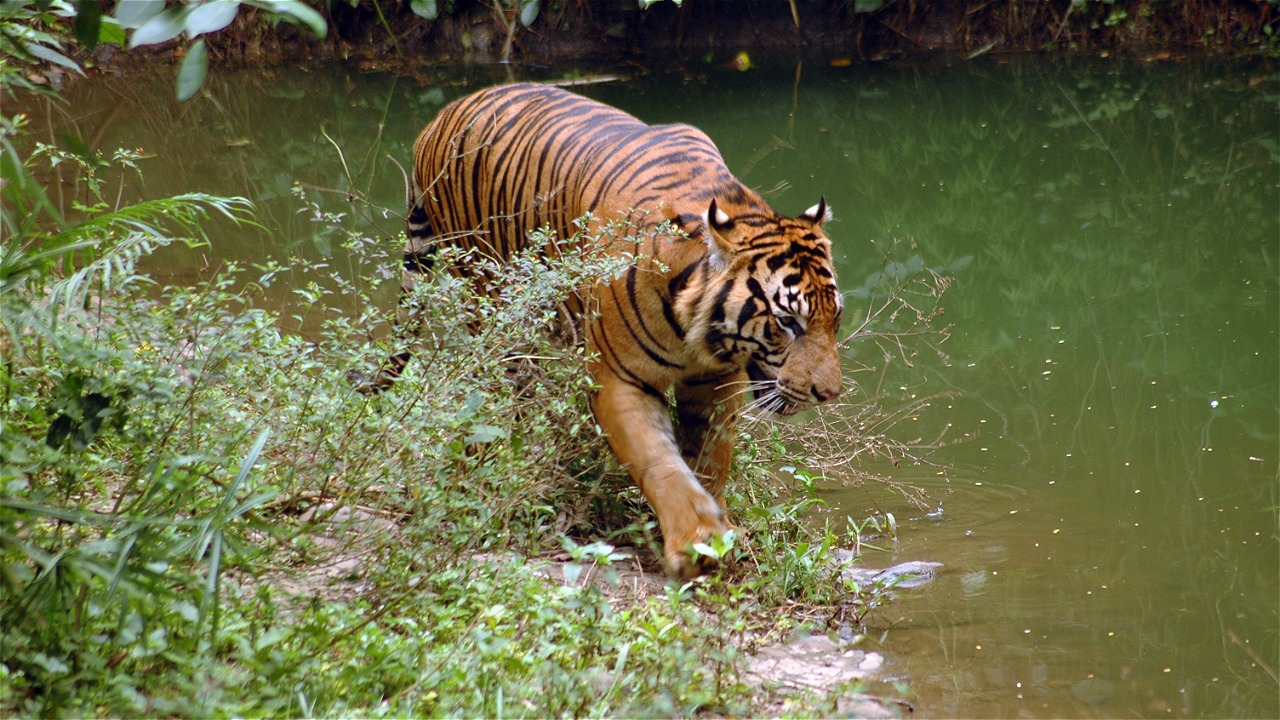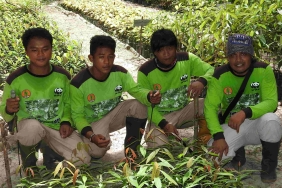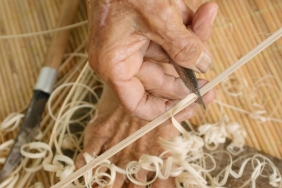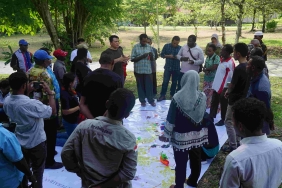COMBATING THE ILLEGAL CIRCULATION OF PROTECTED WILDLIFE
PONTIANAK - In West Kalimantan, crimes against protected plants and wildlife (TSL) are quite rampant, such as keeping, hunting, and illegal trade. To reduce these cases, WWF-Indonesia West Kalimantan Program in collaboration with the West Kalimantan Natural Resources Conservation Agency (BKSDA) and a number of NGOs held a three-day "Training on Investigating Illegal Distribution of Protected Wildlife Species in West Kalimantan" in Pontianak.
Wildlife crime in Indonesia, in the last ten years, has become a national issue that is often discussed in various scientific, policy and media forums. There are five basic components that trigger wildlife crime, namely wildlife (wildlife), offense and/or crime (offence), wildlife trade commodity (commodity), levels of trade (levels of trade), and trade value (value).
Illegal trade in protected wildlife is also believed to contribute significantly to the extinction process, apart from habitat loss and the danger of spreading animal-derived diseases (zoonoses). According to the International Enforcement Agency (IEA), the value of the global wildlife trade is second only to narcotics. The third place is the illicit trade in weapons and gold. The Indonesian government through the Directorate General of Forest Protection and Nature Conservation stated that the value of State losses due to illegal wildlife trade reached more than 9 trillion per year (PHKA, 2009).
"The mode of illegal wildlife trafficking continues to evolve. Poachers, traders, or smugglers are always looking for loopholes that are safe from detection by law enforcement officials. These modes include protected animal transportation techniques that trick officers, bribery, finding safe transportation routes, using backers/supporters, and intermediaries. Knowing the various modes of illegal circulation of protected wildlife is one of the keys to detecting and investigating indications of illegal circulation of animals," said Head of West Kalimantan KSDA Center, Sustyo Iriyono.
However, investigating indications or crimes in the wildlife sector requires special skills. Investigative skills and network building are key to success in finding evidence of crime. Networks equipped with investigative knowledge will reveal strong evidence from various indications that arise. These skills can be learned and continuously trained to hone the officer's instincts.
"This investigation training aims to provide an understanding of the regulations on protected wildlife protection in Indonesia, including international conventions that have been ratified by Indonesia, provide training on the basics of investigation and intelligence network building to uncover illegal circulation of protected wildlife, provide training on how to identify live protected animals and their parts, and apply a smartphone-based monitoring system," said Pawan-Kubu Landscape Leader, WWF-Indonesia West Kalimantan Program, Ian M. Hilman.
After the training, it is expected that the participants consisting of BKSDA Forestry Police (POLHUT), Forestry Extension Workers, Forest Ecosystem Controllers (PEH), Rapid Reaction Forestry Police Unit (SPORC), and a number of NGOs, will get a clear picture of illegal circulation of protected wildlife, gain knowledge about investigating illegal circulation of protected wildlife, know the techniques of building networks to obtain information and set targets, be able to identify live animals and their parts, understand the various modes of protected wildlife crime applied by perpetrators in the field, be able to build a sustainable network and communication relationship between law enforcement officials and partners in the disclosure of environmental crimes, especially crimes involving TSL in Indonesia, and be able to apply the online monitoring system.
"Through capacity building efforts in the field of investigation, it is hoped that the level of crimes against TSL can be reduced, so as to ensure the sustainability of protected TSL populations in nature, including the protection of their habitat in West Kalimantan," concluded Ian.
For further information, please contact:
Ian M. Hilman| Pawan-Kubu Landscape Leader, WWF-Indonesia West Kalimantan Program
Jl. Karna Sosial Gg. Wonoyoso II No. 3 - Pontianak
PHONE: +62 811-5780-080 | Email: ihilman@wwf.id





